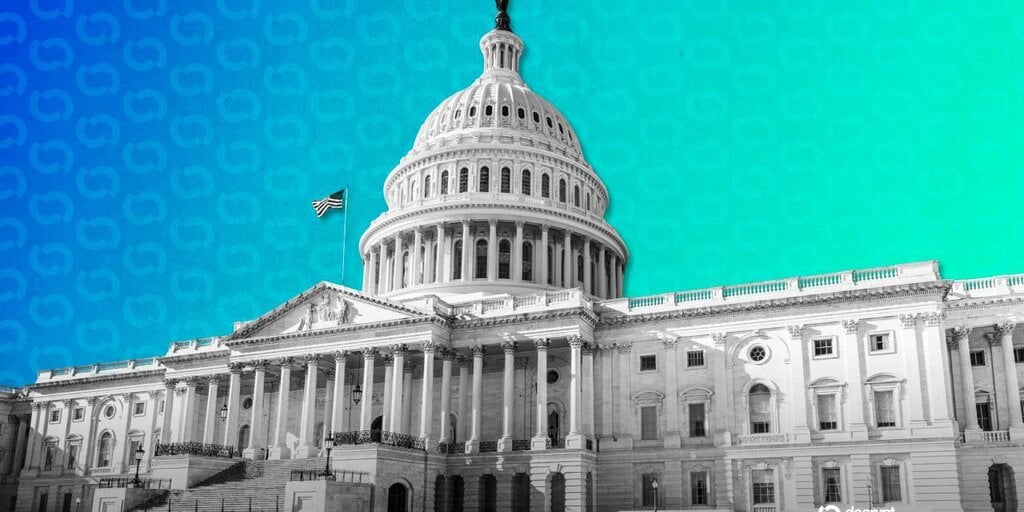
Is the U.S. Turning to Crypto and Gold to Solve Its Debt Crisis?
A recent statement by Anton Kobyakov, an advisor to Russian President Vladimir Putin, has created ripples in global financial markets. Speaking at the Eastern Economic Forum held in Vladivostok, Russia, Kobyakov alleged that the United States is utilizing cryptocurrencies and gold to escape its staggering $35 trillion debt burden. According to Kobyakov, these actions are being taken “at the world’s expense,” sparking concerns and debates in the global finance and crypto communities.
The Alleged U.S. Strategy: Stablecoins and Devaluation
In his address, Kobyakov discussed the U.S.’s approach to the global gold and cryptocurrency markets, hinting at strategies aimed at easing its financial troubles. “These two sectors (crypto and gold) are essentially alternatives to the traditional global currency system,” he stated. His remarks suggest that stablecoins could play a critical role in this alleged endeavor, with Kobyakov claiming that the U.S. intends to transfer its debt into stablecoins, devalue it, and effectively start over. In effect, he described a financial reset leveraging decentralized assets such as cryptocurrencies.
Implications on Global Trust and Dollar Dominance
According to Kobyakov, the United States’ actions reveal an underlying goal to address declining trust in the U.S. dollar as a global reserve currency. However, crypto enthusiasts have a different perspective. Many argue that this growing entwinement of the U.S. with cryptocurrency might bolster, rather than weaken, the country’s economic standing in the long term. For example, Coinbase CEO Brian Armstrong has suggested that the current debt crisis might eventually lead Bitcoin to become the global reserve currency, benefiting the crypto asset class overall.
The Global Perspective: Crypto Adoption Beyond U.S. Borders
Interestingly, while Kobyakov criticized the U.S., he also noted Russia’s evolving stance on stablecoins and cryptocurrencies. In July, Russian state-owned defense manufacturer Rostec announced its plans to develop a ruble-backed stablecoin on the Tron network, highlighting a shift toward adopting digital currencies for international settlements. Despite banning crypto payments in 2022, Russia has become more open to cryptocurrencies in specific contexts, especially for trade and cross-border payments.
A Product Worth Considering
If you’re interested in securely storing and managing cryptocurrencies, you might consider Ledger Nano X, a highly-rated hardware wallet offering state-of-the-art security. This device enables safe storage of Bitcoin, Ethereum, and other digital assets, ensuring your crypto portfolio is protected from potential cyber threats.
What’s Next for Cryptocurrency?
The debate over how cryptocurrencies might be used to address financial challenges like national debt or dollar devaluation is intensifying. As both the U.S. and countries like Russia explore these digital solutions, the global financial landscape is sure to undergo transformative changes. Whether such strategies will prove sustainable or lead to unforeseen repercussions is a question time will answer.






